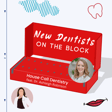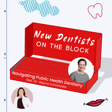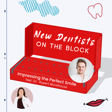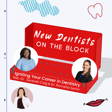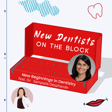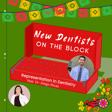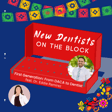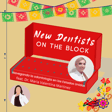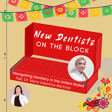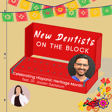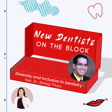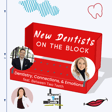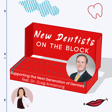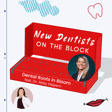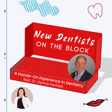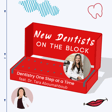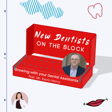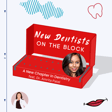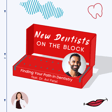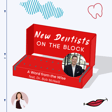
A New Generation in Dentistry w/ Dr. Roopali Kulkarni
Dr. Roopali Kulkarni and I talk about her experience in Oral Medicine, how we crossed paths in ASDA, and how our passions have fueled our leadership journies.
Dr. Roopali Kulkarni is an Assistant Professor of Oral Medicine in the Department of Oral Medicine at the University of Pennsylvania School of Dental Medicine, an attending at the Hospital of the University of Pennsylvania, and the Assistant Director of the Oral Medicine residency program. She graduated with honors from the University of Pennsylvania in 2019 with both her Doctor of Dental Medicine (D.M.D.) and Master of Public Health degrees (M.P.H.). She completed her postgraduate training in Oral Medicine at Penn, serving as Chief Resident her second year. As faculty, she currently teaches predoctoral and postdoctoral students clinically in the Oral Medicine Clinic and didactically on a wide range of topics within oral medicine and interdisciplinary care. While a student, she served as the American Student Dental Association 2018-2019 national President. She currently serves as a national media spokesperson for the American Dental Association and on several councils and committees in organized dentistry Her passions lie in wellness, advocacy, community service, music, and travel.
Connect with Roopali Kulkarni @roopali.kulkarni
Connect with New Dentists on the Block: @newdentistsontheblock
Connect with Tanya Sue Maestas: @tsmaestas.dds
Full video on Youtube
